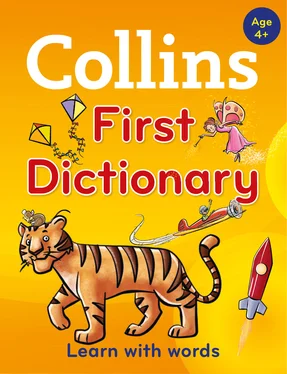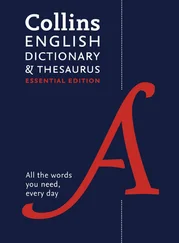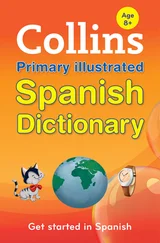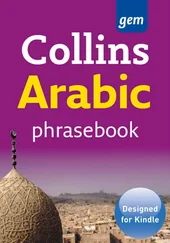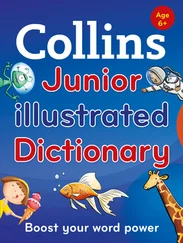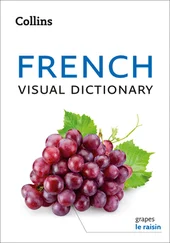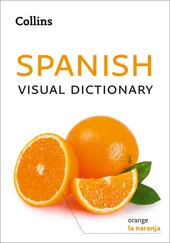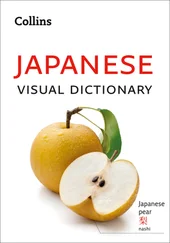I fell and twisted my ankle.
annoy verb annoys, annoying, annoyed
If something annoys you, it makes you angry and upset.
It annoys me when people are rude.
another
You use another to mean one more.
She ate another cake.
answer verb answers, answering, answered
If you answer someone, you say something back to them.
She said hello, but he didn’t answer.
ant noun ants
Ants are small insects that live in large groups.
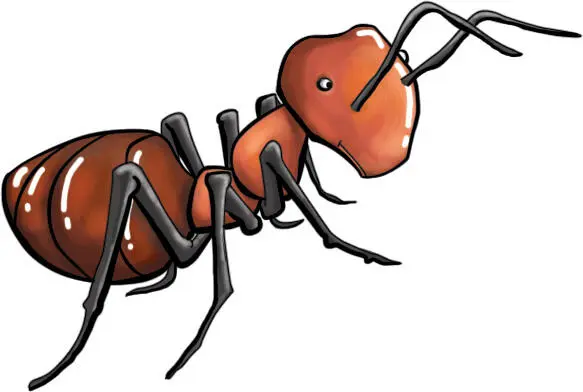
antelope noun antelopes
An antelope is an animal that looks like a deer.
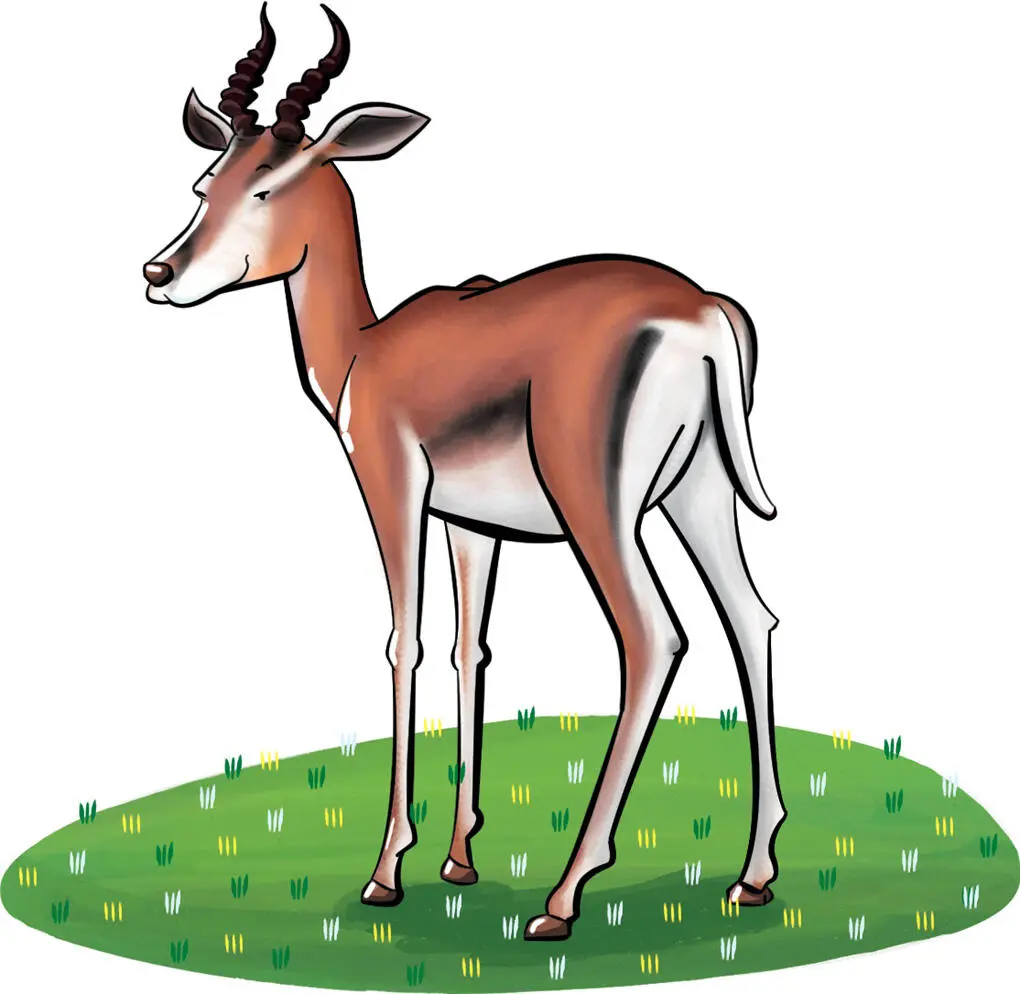
any
1 You use any to mean some of a thing.
Is there any juice left?
2 You also use any to show that it does not matter which one.
Take any book you want.
anybody
You use anybody to talk about a person, when it does not matter which one.
Is there anybody there?
anyone
You use anyone to talk about a person, when it does not matter who.
Don’t tell anyone.
anything
You use anything to talk about a thing, when it does not matter which one.
I can’t see anything.
anywhere
You use anywhere to talk about a place, when it does not matter which one.
You can go anywhere you like.
apart
1 When things are apart, there is a space or a distance between them.
The desks are too far apart.
2 If you take something apart, you take it to pieces.
He took his bike apart.
ape noun apes
An ape is an animal like a large monkey with long, strong arms and no tail.
apologize or apologise verb apologizes, apologizing, apologized
When you apologize, you say that you are sorry for something you have said or done.
He apologized for breaking the window.
appear verb appears, appearing, appeared
When something appears, it becomes possible to see it.
The sun appeared from behind the clouds.
apple noun apples
An apple is a firm, round fruit with green, red, or yellow skin.
April noun
April is the month after March and before May. It has 30 days.
His birthday is in April.
apron noun aprons
An apron is a large piece of cloth that you wear over your other clothes to keep them clean when you are cooking or painting.
are
Look at be.
They are both in my class.
area noun areas
An area is a part of a place.
We live in an area near the park.
aren’t
Aren’t is short for are not.
My friends aren’t here today.
argue verb argues, arguing, argued
If you argue with someone, you talk about something that you do not agree about.
We argued about where to go.
argument noun arguments
If you have an argument with someone, you talk about something that you do not agree about.
She had an argument with another girl.
arm noun arms
Your arms are the two parts of your body between your shoulders and your hands.
She stretched her arms out.
armchair noun armchairs
An armchair is a big comfortable chair with parts on the sides for you to put your arms on.
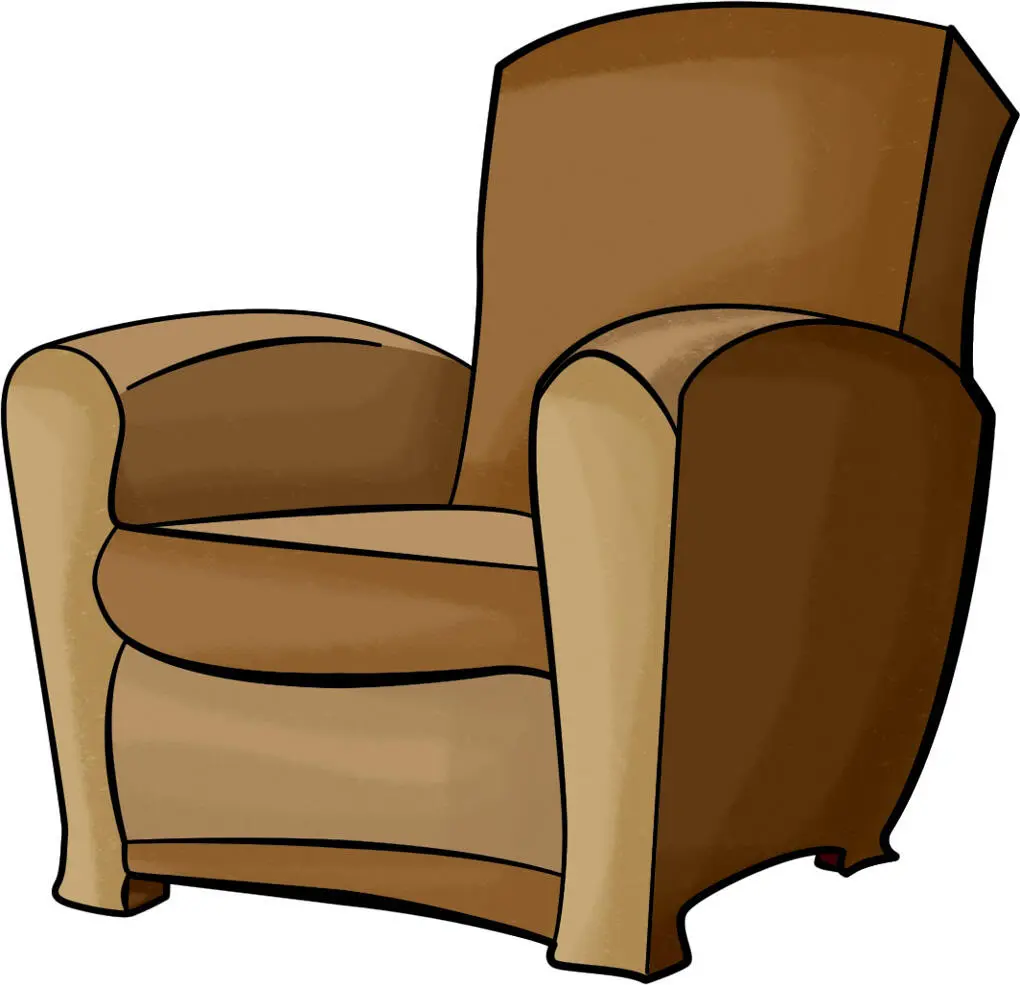
army noun armies
An army is a large group of soldiers who fight in a war.
around
1 Around means in a circle.
There were lots of people around her.
2 You also use around to say that something is in every part of a place.
His toys lay around the room.
3 Around also means near to something.
We left around noon.
arrange verb arranges, arranging, arranged
1 If you arrange something, you make plans for it to happen.
We arranged a party for her birthday.
2 If you arrange things somewhere, you put them in a way that looks tidy or pretty.
He arranged the books in piles.
arrive verb arrives, arriving, arrived
When you arrive at a place, you get there.
We arrived ten minutes late.
arrow noun arrows
1 An arrow is a long, thin stick with a sharp point at one end.
The soldiers used bows and arrows.
2 An arrow is also a sign that shows you which way to go.
Follow the arrows along the path.
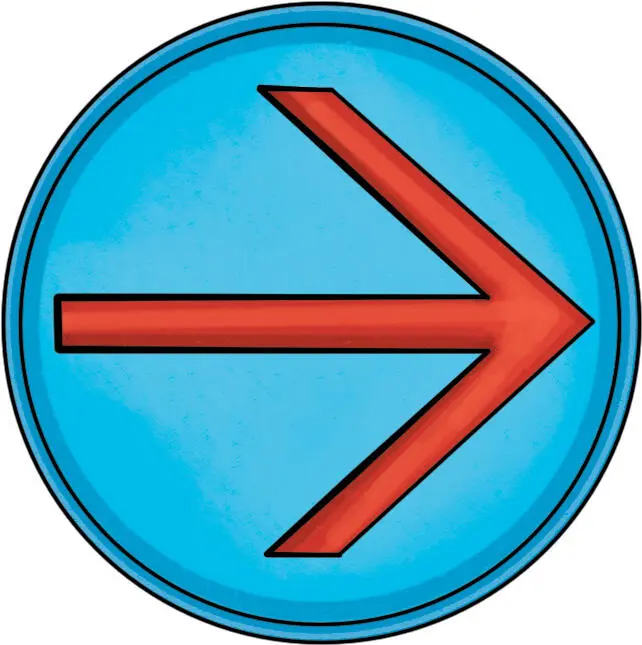
art noun
Art is something that someone has made for people to look at, for example a painting or drawing.
ask verb asks, asking, asked
1 If you ask someone a question, you say that you want to know something.
I asked him what his name was.
2 If you ask for something, you say that you want it.
She asked for some sweets.
asleep adjective
If you are asleep, you are sleeping.
The cat was asleep under the tree.
assembly noun assemblies
An assembly is a group of people who meet together.
We were late for school assembly.
assistant noun assistants
An assistant is someone who helps another person in their work.
astronaut noun astronauts
An astronaut is a person who travels in space.

ate
Look at eat.
He ate three apples.
atlas noun atlases
An atlas is a book of maps.
attack verb attacks, attacking, attacked
If someone attacks another person, they try to hurt them.
attention noun
If you pay attention, you watch and listen.
He always pays attention in class.
attract verb attracts, attracting, attracted
If something attracts things to it, it makes them move towards it.
Magnets attract anything made of iron.
audience noun audiences
An audience is all of the people who watch or listen to something, for example a film or a play.
August noun
August is the month after July and before September. It has 31 days.
We went on holiday in August.
aunt noun aunts
Your aunt is the sister of your mother or father, or the wife of your uncle.
author noun authors
An author is a person who writes books.
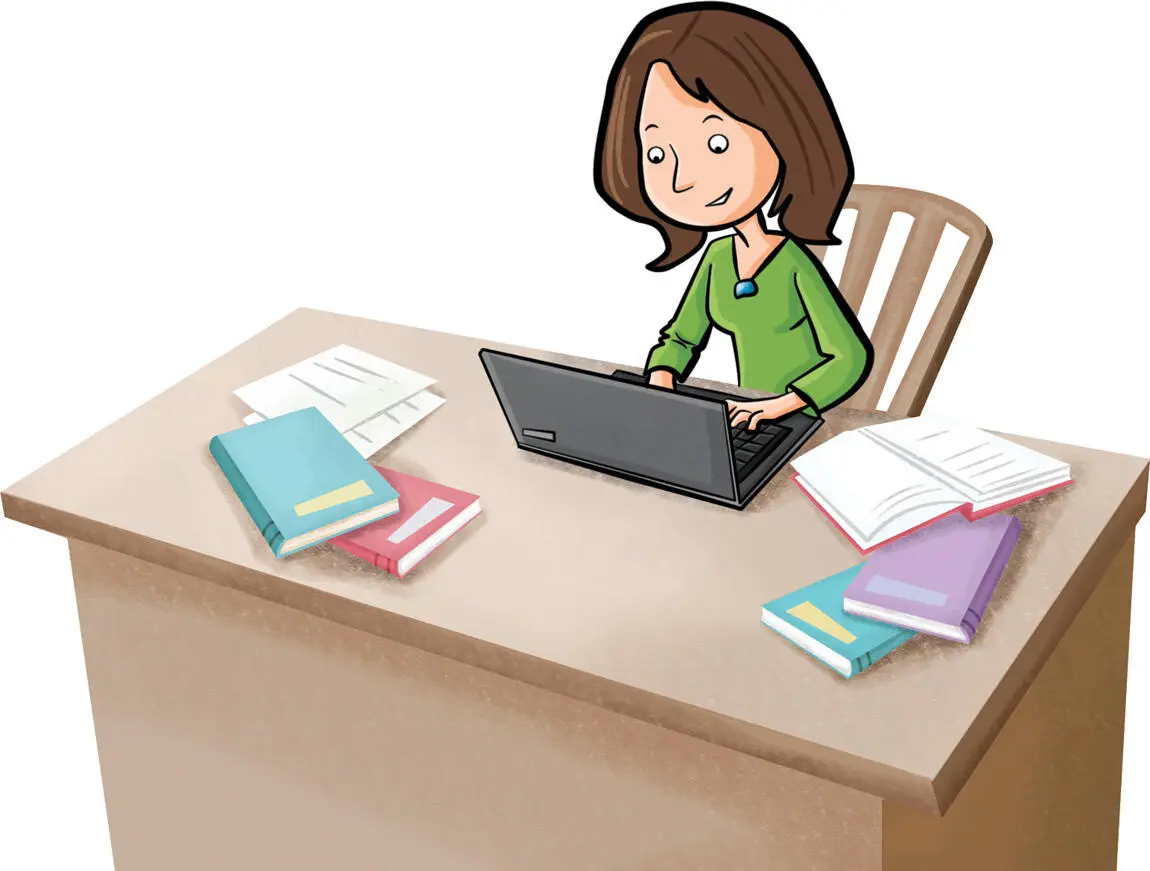
autumn noun autumns
Autumn is the season after summer and before winter. In the autumn the weather usually becomes cooler and the leaves fall off the trees.
awake adjective
Someone who is awake is not sleeping.
I stayed awake until midnight.
away
1 If someone moves away from a place, they move so that they are not there any more.
He walked away from the house.
2 If you put something away, you put it where it should be.
Put your books away before you go.
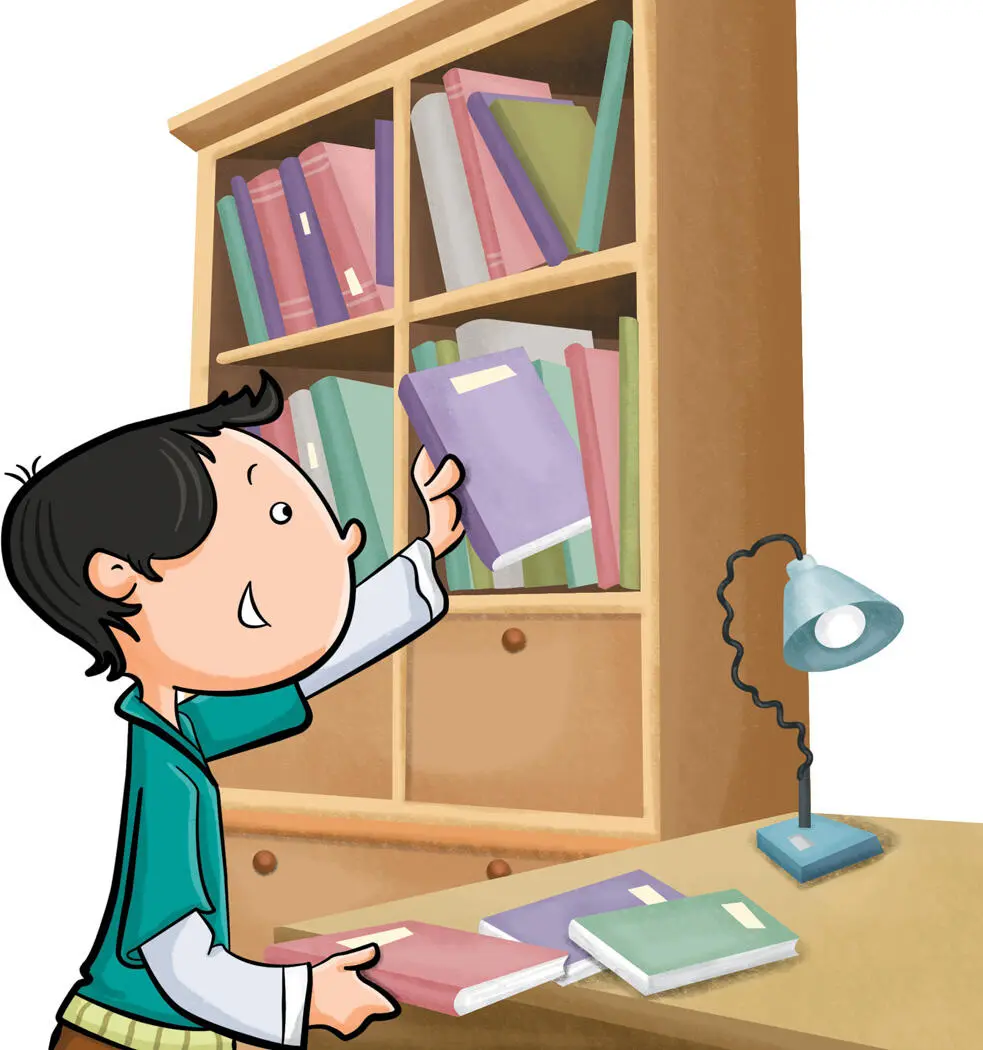
awful adjective
If something is awful, it is very bad.
There was an awful smell.
axe noun axes
An axe is a tool with a handle and a big, sharp blade. It is used to chop wood.
Читать дальше
